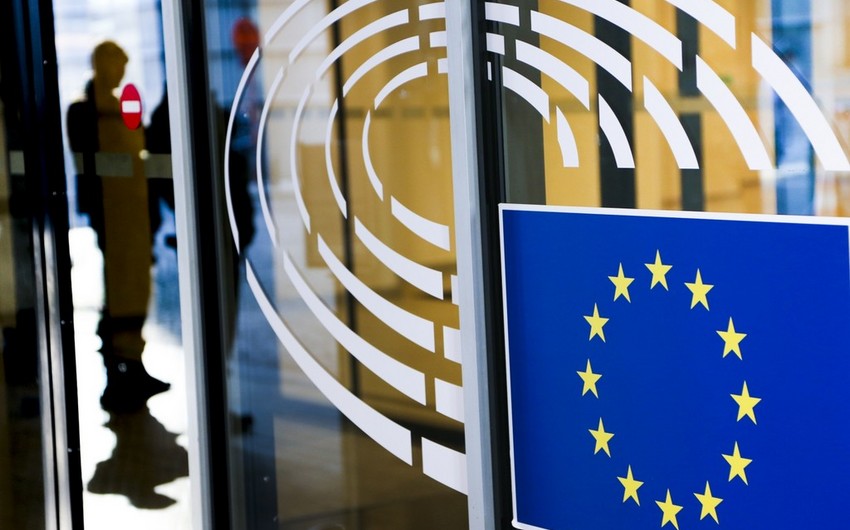The eurozone economy is set to shrink next year as high inflation and potential energy shortages drag down output and trigger a reversal in the fortunes of the labour market, according to a poll of economists, Report informs.
Almost 90 percent of the 37 economists surveyed by the FT said they thought the single currency zone was already in recession and the majority forecast gross domestic product would contract over the whole of next year.
“Gas markets in Europe remain a key risk,” said Chiara Zangarelli, an economist at Morgan Stanley. “Additional supply disruptions, or a particularly cold winter, could lead to renewed tensions and prices rising again, forcing another round of adaptation and demand destruction.”
Most economists said they thought Europe was past the worst of its energy crisis, sparked by Russia’s invasion of Ukraine. A mild autumn allowed natural gas storage facilities to remain near to full capacity.
However, many fear the prospect of energy rationing could return next year, particularly if this winter is unusually cold, depleting supplies, or if gas flows from Russia are reduced further during 2023.
“The tail risk of gas rationing has likely been avoided for this winter, but the question of energy supply for the next winter is still open,” said Sylvain Broyer, chief economist for Europe Middle East and Africa at S&P Global Ratings.
European countries have managed to lower their dependence on Russian gas imports by turning to Norway, the US and the Middle East, along with switching to alternative energy sources. But economists warn that, without Russian supplies, it will be much harder to refill Europe’s crucial gas storage facilities ahead of next winter.
“Gas storage levels are dropping quickly now,” said Carsten Brzeski, head of macro research at ING Bank. “There is still the risk of an energy supply crisis this winter. Moreover, next winter will be even more challenging.”
The downturn in the economy, combined with significantly higher mortgage costs across Europe, was also expected to trigger a sharp reversal in the region’s housing market. The European Central Bank raised rates by 2.5 percentage points over the course of 2022 and is expected to increase borrowing costs further in 2023.
On average, economists forecast eurozone residential house prices would fall 4.7 percent next year. Maria Demertzis, senior fellow at the Bruegel think-tank, said house prices “will not continue to increase if we are in a recession and interest rates increase.”
The economists polled by the FT forecast the eurozone economy would shrink by just under 0.01 percent next year. That is more pessimistic than both the European Commission and the ECB, which predicted the bloc’s economy would grow by 0.3 percent and 0.5 percent next year respectively.
Marcello Messori, an economics professor at Luiss University in Rome, said further interest rate hikes by the ECB to counter the “excessive inflation” that was caused by the energy supply shock stemming from Russia’s invasion of Ukraine would “lead to a severe recession in the euro area.”
Inflation in the eurozone is expected to remain above the ECB’s 2 percent target for at least two more years, according to the economists. On average, those polled expect prices to rise by just over 6 percent next year and almost 2.7 percent in 2024.
Those forecasts are lower than those of the ECB, which earlier this month predicted price growth would average 6.3 percent next year and 3.4 percent in 2024.
Wage growth is expected to be 4.4 percent next year, according to the average prediction in the FT poll, which is below the 5.2 percent forecast by the ECB.
On average, economists forecast unemployment would rise from a record eurozone low of 6.5 percent in October to 7.1 percent at the end of next year.


 https://static.report.az/photo/488457db-41be-3968-80e6-a7cf30e55767.jpg
https://static.report.az/photo/488457db-41be-3968-80e6-a7cf30e55767.jpg

